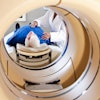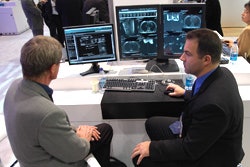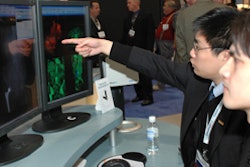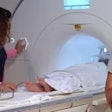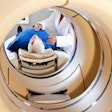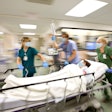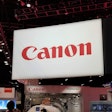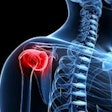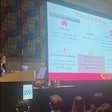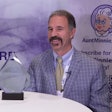Gallagher's team surveyed 364 radiologists who interpreted mammograms at seven sites in the U.S. National Cancer Institute's Breast Cancer Surveillance Consortium (BCSC) between 2005 and 2006. Participants received a vignette in which comparison screening mammograms were placed in the wrong order, leading a radiologist to conclude calcifications were decreasing in number when they were actually increasing. Each radiologist was asked how likely they would be to disclose this error to a patient, what information they would share, and their malpractice attitudes and experiences.
Of the 364 participants, 257 (71%) responded to the disclosure vignette questions. Responses to the question of whether or not they would disclose the error included: Definitely not, 9%; Only if asked by the patient, 51%; Probably, 26%; and Definitely, 14%.
Further, 24% responded that they would "not say anything further to the patient"; 31% would tell the patient that the "calcifications were larger and are now suspicious for cancer"; 30% would tell the patient that "the calcifications may have increased on your last mammogram, but their appearance was not as worrisome as it is now"; and 15% would explicitly say that "an error occurred during the interpretation of your last mammogram, and the calcifications had actually increased in number, not decreased," Gallagher wrote.
Greater openness between doctors and patients about interpretation errors is becoming more common. Yet effective disclosure remains the exception, not the rule, particularly for radiologists, the study showed.



